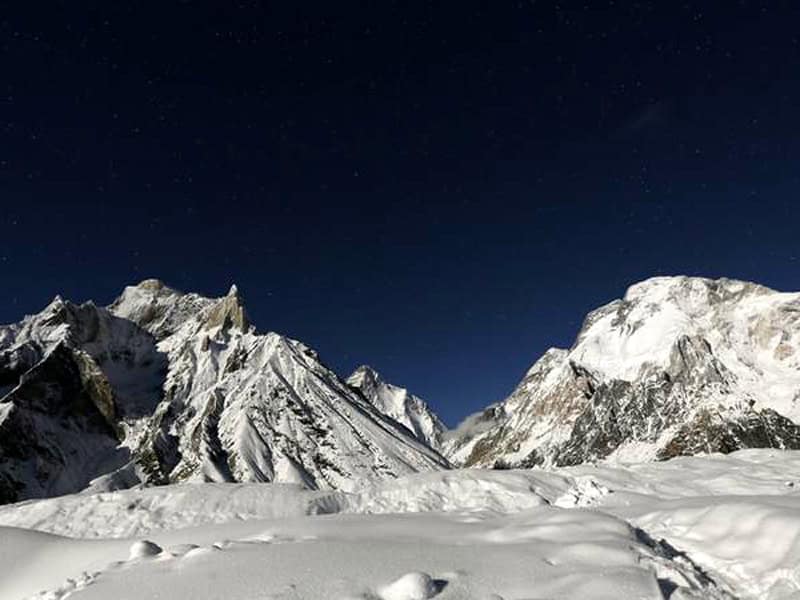Islamabad: Increase in the carbon emissions and the soot from various vehicles that pass through Khunjerab Pass in the Karakoram Mountain range will lead to melting glaciers in Pakistan, experts have warned.
Khunjerab Pass on the Karakoram Highway, which joins China and Pakistan by road, is already witnessing an increase in receding glaciers in the region due to rising temperatures linked to climate change.
The region has become a tourist attraction after a major upgrade of the Karakoram highway as part of multibillion China-Pakistan Economic Corridor (CPEC) project to boost transport and trade links between the two countries.
Expert says that increase in heavy tourism and exhaust-spewing traffic threatens the fragile Khunjerab National Park, which surrounds the high-mountain border post, and particularly its glaciers.
The author of National Climate Change Policy, Qamaruz Zaman Chaudhry, said the upgradation of Karakoram highway due to the CPEC will bring in much-needed infrastructure, but the carbon emissions and the soot going into the atmosphere will definitely accelerate melting of glaciers.
He said Pakistan need to develop a strategy in this regard after conducting comprehensive studies on the impacts of such projects in the region.
There are more glaciers in Pakistan than anywhere on Earth outside the Polar Regions, according to various studies, feeding rivers that account for about 75 percent of the stored-water supply in the country of at least 180 million.
According to researchers, Pakistan’s glaciers are receding, especially those at lower elevations, including in the Hindu Kush Mountain range in northern Khyber Pakhtunkhwa province.
Researchers say that beside diminished snowfall, higher temperatures, heavier summer rainstorms and rampant deforestation, black carbon soot released from diesel vehicle exhaust, factories, open fires and cook-stoves are also the reasons for the rise in glaciers retreat.
The wind-blown pollutants settle onto glaciers, darkening them and reducing their ability to reflect away sunlight, which leads to a faster rate of melting, Ghulam Rasul, Director General of the Meteorological Department was quoted by Dawn, as saying. (ANI)

